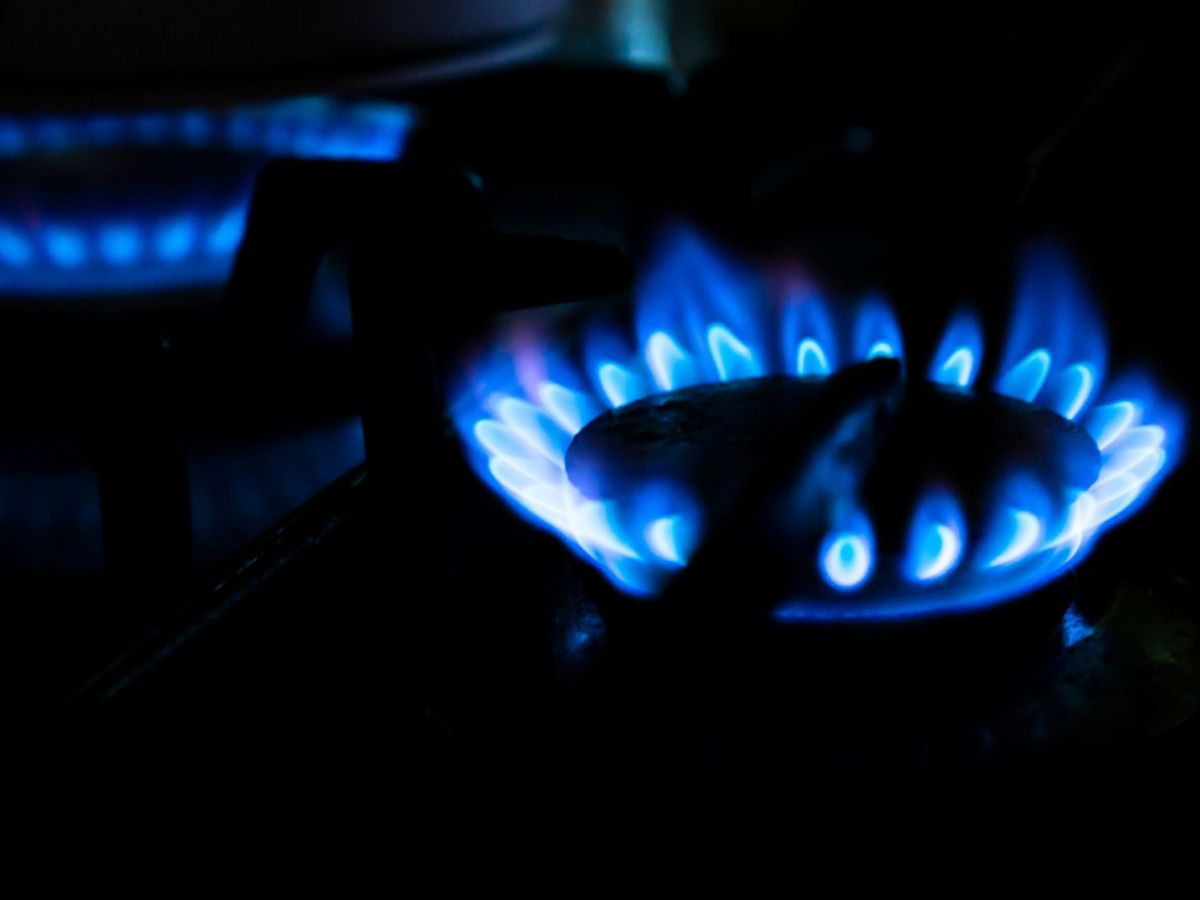According to data provided by Ember, the use of gas for grid services doubled in May compared to the same period last year, representing 57 % of the price of electricity, compared to 14 % in 2024.
As a result, the organisation added, renewable energy losses have tripled since the blackout in Spain and Portugal, rising from 1.8% in the last two years to 7.2% in the period between May and July.
"Spain risks returning to a costly dependence on gas amid post-blackout fears," warned Chris Rosslowe, senior energy analyst at Ember, quoted in a report.
Rosslowe emphasised the need to invest in batteries and interconnections, something that will help Spain "finally free itself" from dependence on fossil fuels.
In any case, the analyst acknowledges that in recent years Spain has "broken the damaging link between electricity prices and the volatility of fossil fuels, something its European neighbours are keen to achieve".
The Ember study reveals that the decline in the influence of fossil fuels in Spain has been "much faster" than in other gas-dependent countries such as Germany and Italy.
The growth of wind and solar energy in Spain has reduced the influence of gas and coal on electricity prices by 75 % since 2019, making the Spanish electricity market one of the cheapest in Europe, the group said.
In European markets, the most expensive generation in operation - usually gas or coal - sets the hourly wholesale electricity price.
So, as the share of cheaper renewables increases, fossil fuels determine the price less often.
The analysis reveals that in the first half of 2025, fossil fuel generation influenced the price of electricity in Spain in only 19 % of the hours, the lowest figure among the five European countries with the largest gas fleets.
As a result, the wholesale price of electricity in Spain was 32 % lower than the European Union average.
The blackout on 28 April, classified by the European Network of Transmission System Managers as "exceptional and serious", left Portugal and Spain practically without electricity for more than 10 hours.
Closed airports, transport congestion and fuel shortages were among the immediate consequences.
So far, a cascading voltage increase, a technical phenomenon unheard of in Europe, has been the cause of the incident.










